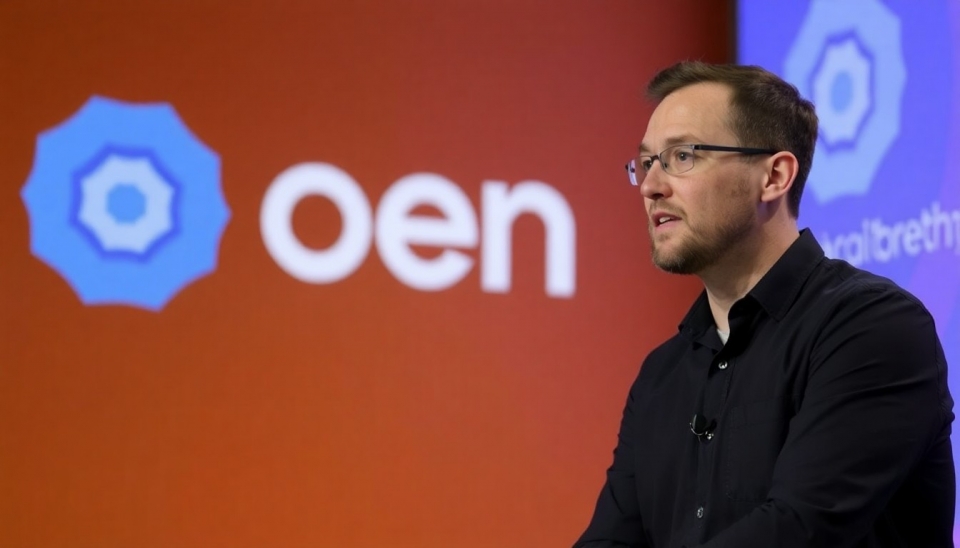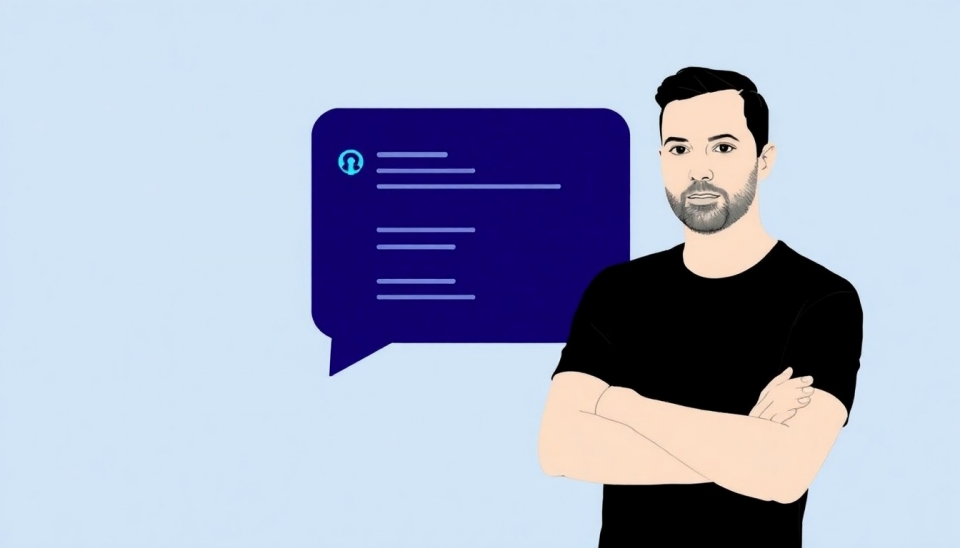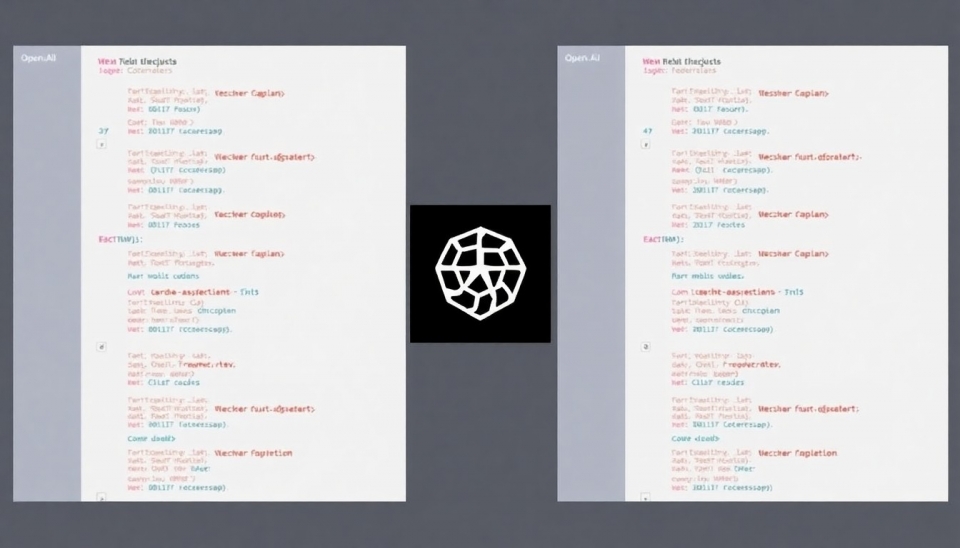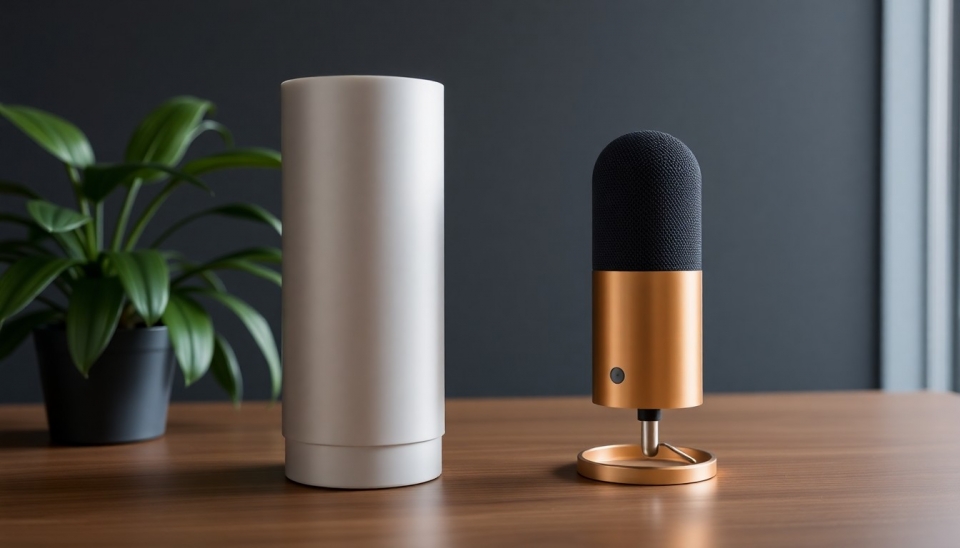
In a rapidly changing technological landscape, OpenAI's ChatGPT continues to redefine the boundaries of generative AI as it faces rising challenges and competition from other tech innovators. Launched to great acclaim, ChatGPT is pushing the envelope not just in conversational simulations, but also in various applications including content generation, customer service automation, and educational tools. The focus now shifts to how this powerhouse is evolving amidst substantial competition.
As of mid-November 2024, ChatGPT has seen significant enhancements in its functionality and user engagement. OpenAI’s dedication to refining user experience drives continuous updates aimed at improving performance, reducing biases, and expanding its knowledge scope. These advancements not only cater to individual users but also address adoptive businesses looking for robust AI solutions.
Moreover, the rise of rivals such as Anthropic's Claude and Google’s Bard has spurred a healthy competitive spirit in the AI industry. These companies are making meaningful strides, challenging not only the features of ChatGPT but also its market position. Claude, for instance, claims to prioritize safety and ethical guidelines in AI responses, a feature that resonates well with users concerned about misinformation and ethical implications of AI.
In response to such competitors, OpenAI is doubling down on research and development. One promising avenue is the incorporation of more sophisticated learning algorithms designed to enhance conversational depth and context understanding. This results in smarter, more intuitive exchanges that mirror human-like conversations.
Furthermore, OpenAI has emphasized the importance of user feedback loops, allowing real-world experiences to shape the evolving architecture of ChatGPT. This feedback mechanism plays a crucial role in tailoring features that meet user needs, enhancing not just user satisfaction but also the overall effectiveness of the tool in diverse scenarios.
Sustainability and transparency have also become core facets of OpenAI's strategy as generative AI becomes a focal point in various industries. The organization is increasingly focused on developing sustainable models that ensure ethical usage of AI, aiming to establish trust among its user base. OpenAI is actively promoting the idea that AI should be deployed responsibly, emphasizing that advancements should come hand-in-hand with ethical frameworks.
Looking forward, the expectations for ChatGPT and its counterparts are high. As more sectors consider integrating AI into their operations, the demand for advanced generative AI solutions is anticipated to escalate. OpenAI’s proactive adjustments and improvement initiatives will be essential to stay ahead in this competitive landscape, fighting to maintain its reputation as a leader in AI technology.
In conclusion, the game of generative AI involves constant evolution backed by innovation, user engagement, and ethical considerations. OpenAI's ChatGPT is at the forefront, continuously adapting and enhancing its capabilities, all while facing the challenges posed by an increasing number of competitors. Embracing the ongoing evolution of generative AI may well define the future landscape of technology and its application in our daily lives.
#OpenAI #ChatGPT #GenerativeAI #Anthropic #GoogleBard #AIinnovation #TechTrends
Author: Emily Collins




